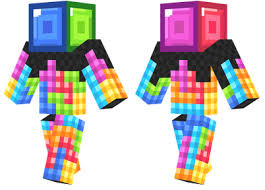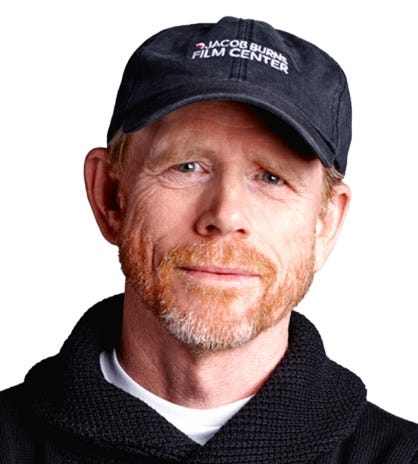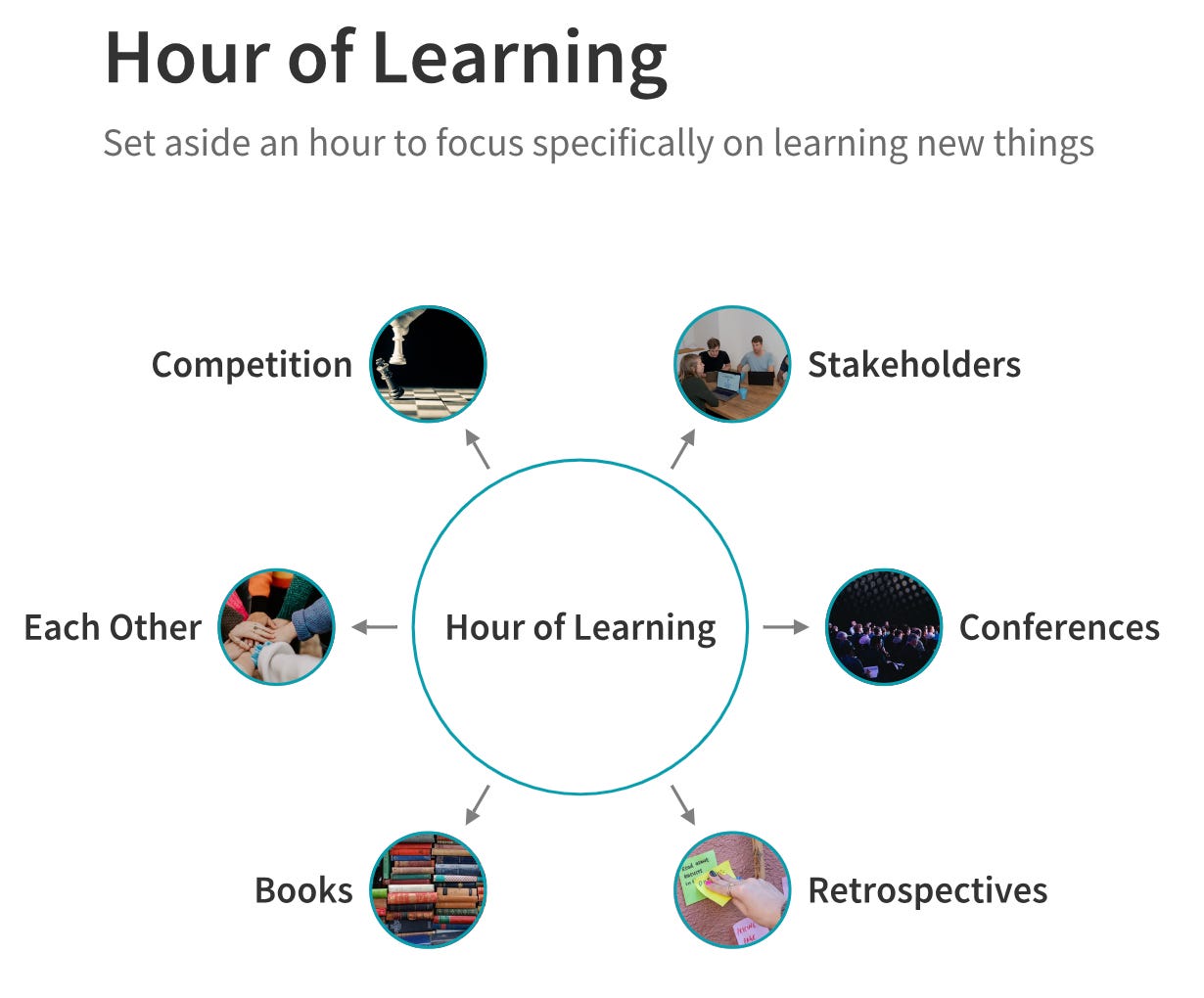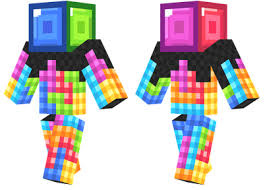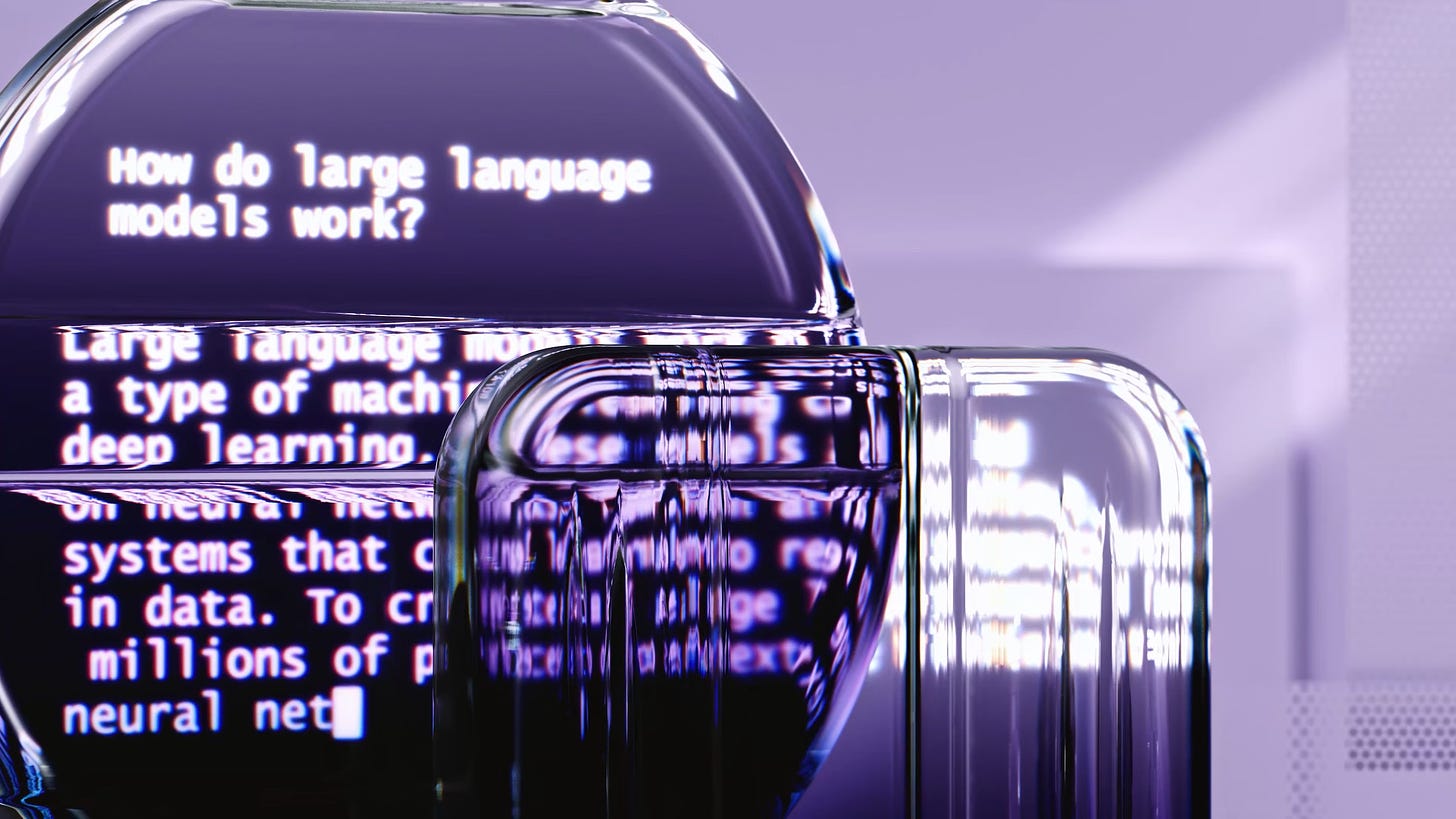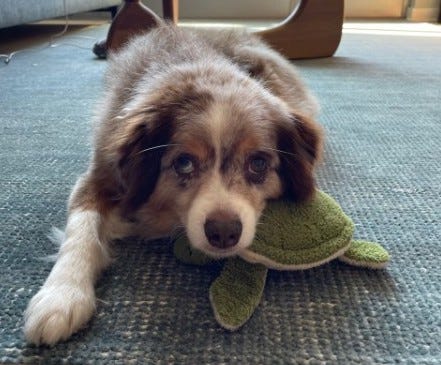Throughout my career I have found product politics breeds a competitive environment that makes long-term individual and product team success precarious at best. Why compete against your product triad colleagues (product, design, engineering) when you are part of the same team? Why speak negatively about others and sabotage their work or opportunities when everyone can get farther faster by working together?
I believe winning at all costs is not really winning at all. Or to put it another way, achieving a “win” at the cost of other people who could help you and your organization be more impactful is just not worth it. Yet it’s likely we have all come across individuals who are so consumed by a desire for recognition (or as they see it “success”) that they lose sight of the damage they are doing to themselves and to their team’s culture - the result being, everyone loses.
Instead of competition, product teams should be encouraging collaboration. Stefan Lindegaard had a recent post on teamwork. He shared the following quotes:
“Great things in business are never done by one person. They're done by a team of people.” - Steve Jobs
“Talent wins games, but teamwork and intelligence win championships.” - Michael Jordan
"Teamwork begins by building trust. And the only way to do that is to overcome our need for invulnerability." – Patrick Lencioni
"Coming together is a beginning, staying together is progress, and working together is success." – Henry Ford
“A team is not a group of people who work together. A team is a group of people who trust each other.” - Simon Sinek
The references to trust throughout the quotes resonated with me. When an environment encourages - or does nothing to prevent - competition, trust will be damaged. And a lack of trust impacts employee productivity, engagement and ultimately job satisfaction.
"People do not decide their futures, they decide their habits
and their habits decide their futures." - F.M. Alexander
In a recent blog post, Sahil Bloom, summarized the above quote with the words - small things become big things. If you as a product leader look the other way when people undercut or disparage the contributions of colleagues ‘simply’ to get ahead, no one should be surprised if the level of trust between employees is low. Because competition between teammates was overlooked in the past, it is likely to be overlooked today (in the present), leading to a future where competition - and consequently a lack of trust - is considered the norm.
What is the vision you have for your product team? For me, I seek to create a team where discussions have a foundation in curiosity not cut throat. I appreciate wanting to get ahead and challenging myself to be better. Yet disparaging another person or their efforts simply to be perceived as “better”, that isn’t for me. In the words of Ron Howard on the Master’s of Scale podcast, I prefer to stay true to my vision. To help you do the same, what follows are methods I recommend to reset a culture of competition.
How to introduce change - and rebuild trust
This comparison might make you a bit squeamish, but work is like a relationship. If a relationship is lacking trust, everything the other person says has a higher likelihood of being interpreted in the worst way. Words get turned around despite how careful one is trying to be. The spiral continues with every interaction hardening the individuals against each other.
If you find yourself in a competitive situation at work (I’ll leave relationship advice to other newsletters), there are things you can do to introduce change (link).
Don’t compete - Even though competition might be the norm at your organization, put your efforts into small, positive interactions. To return to a prior post, introduce a 'tiny habit’. It’s not going to be easy as some colleagues will question your motives as they see everything as a competition. But, don’t give up. Rise above the negative behavior by showing appreciation for others contributions - even from the most combative individuals.
Acknowledge the awkwardness - If you go in expecting a fight, you’ll get one. Instead appreciate individuals may have a different perspective and call upon others to share their points of view. Indicate where perceptions may differ and explain your interpretation. Often times individuals do not realize how they come across, especially in an organization where competition has gone unchecked.
Take a breadth - “In a low trust environment, you can assume everything you say will be read with a voice that is menacing, dismissive or sneering.” As a result, remember the more you listen, the better you’ll be able to respond. If an individual is criticizing a mistake you made, own the mistake and move on. If someone implies your efforts have fallen short, call upon the prior two steps. Thank the individual for sharing their feedback, acknowledge where there are differing views, and listen to their response.
If you are willing to listen to others and their recommendations on how you can improve, you’re going to learn... That’s leadership.
And even if you’re not in a leadership position, you can lead by example. TaskRabbit’s CEO Stacy Brown-Philpot refers to humans as “learning machines”. Which means you can also help people to “unlearn” prior norms. Counter competition by creating a forum where individuals can come together to learn and discover each other’s hidden talents - what I refer to as an hour of learning. Those who seek competition may disparage topics. That’s ok. Let them grumble. Instead focus on the “human” and rebuilding trust. Invite individuals to submit and vote on topics, help to advance the entire product team and bring about change. It may take time, but stay true to your vision.
And “hour of learning” is an effective way to establish a learning culture by ensuring your product team continues to learn by setting aside an hour to focus specifically on learning new things - and a technique I explore in People-First Product Leadership. An “hour of learning” can happen once a week, every other week or once a month. Less than once a month and learning will not be infused into your product team’s culture.
Topics: It could be something a product team member has learnt recently you would like them to share (e.g. top themes from a recent conference, etc.) or something you feel the team should know (e.g. best practices for user research, difference between leading and lagging metrics, etc).
Prerequisites: To reduce competition, limit any knowledge required beforehand. Ideally no pre-work is required to ensure the “hour of learning” does not create an additional burden on the product team (except for the presenter who must prepare).
Approach: The “hour of learning” structure can be diverse – people presenting from slides, live demos, and/or interactive group work. Sync with the presenter to think about the knowledge being shared and the most effective way for a group of people to learn it.
Sharing: By making assets (recordings, slides, etc) available afterwards, people who missed the session can refer to them later or anyone in the product team can revisit the content when / if needed.
Is the culture of your product team similar to Tetris or Mindcraft?
In some instances competition arises because individuals who are used to the status quo fail to see the value new members bring to the team. They are used to being respected for their title and job band. As a result, when their approaches are questioned or alternative ways of working suggested, they focus on the negative instead of the opportunity a new way of working can introduce.
A Gallup survey found that 67% of employees whose managers focused on their strengths were fully engaged in their work vs. only 31% whose managers focused on their weaknesses.
On the CultureBrain podcast, Rachel Botsman dives into unlocking the power of trust. The analogy she gives compares the game of Tetris to Roblox or Mindcraft. In Tetris, it is all about fitting blocks into a frame - that’s it. Your role is to organize the blocks as they fall. It's very linear and very top down - which makes sense as the game was designed to make order out of chaos. People liked to play the game, because they felt like they were in control with simple and clearly defined rules.
Today’s high performing product teams are more closely aligned to Roblox or Mindcraft than Tetris. In Tetris, you can never beat the system. The old ways of working are simply the only ways of working. There's nothing to design. There's nothing to create. In Roblox and Minecraft one is continually creating and inventing. There is no system to beat as everyone creates their own journey.
By 2026, almost 30% of the workforce is going to be Gen Z. Hierarchy will not be the motivator. It will still exist as people do like boundaries - they like to know where they stand. It’s the differential hierarchy (e.g. It’s my word simply because I am more senior than you or have been at the company longer than you) that will fade away.
If you are not familiar with Tetris, Roblox or Mindcraft consider a search engine and large language models comparison works as well (link). A search engine has one primary function - which is defined as find or search. It’s like the person at your company who only knows one way of working. Then along comes a new product team member - the LLM. They bring different approaches to the team - they can summarize, write, create, analyze, compare and suggest. They’re also new and will make mistakes.
By seeing change as a threat and trying to compete with the new ways of working, encourage your team to be constructive not combative. Highlight the positive and provide constructive feedback. Doing so will energize your team and increase their level of trust. Why? Because trust will be created not by an individual declaring themselves an expert. Trust will be established through empowerment, providing the opportunity for self authorship in the form of encouraging creativity and new ways of thinking.
Think of a a job as no longer being a single function. It’s a portfolio of opportunities and when added together - by working together - there is momentum and movement and energy. I share Rachel Botsman’s belief - to me is that is what the future is going to look like. This future I envision looks beyond generations and highlights contributions - to the team, to the organization, and most importantly to each other.
Do you work in a product team where every interaction is transactional and a zero sum game? Take a step back and consider what could be leading to this type of competitive behavior. Does your company or team have a defined culture? Is it influenced by another organization in which competition was the norm?
When a company lacks a strong culture, teams or individuals often reflect the culture brought from their prior organization. If empathy was just a box to check in their previous job, you’ll see that same stance happening again. That’s frustrating.
I worked in Europe for over 10 years. I’ve experienced a lot of different ways of working. That could be way I see change as the norm instead of something to fight against. In a recent BBC podcast, the presenter described the the principles of "Job Design".
It's a process of work innovation which focuses on people, their skills, their knowledge and how they interact with each other and technology, in every workplace, in every sector of the economy.
Supporters believe it will decrease burnout as it allows employees to balance their work and home life. By allowing individuals to design facets of their job, there is more opportunities for individuals to bring their best selves to work. They feel more valued and appreciate the flexibility.
Consider the type of product team you would like to create. Work does not have to be competitive. You can operate from a place of trust and introduce change within your team. Highlight the best in others. Ensure each person has a voice. Call upon each other’s strengths. Together your product team will be stronger.
Have any topics you’d like me to explore or ways I can make the People-First Product Leadership newsletter better? Please share your thoughts in the comments below. Thank you!


